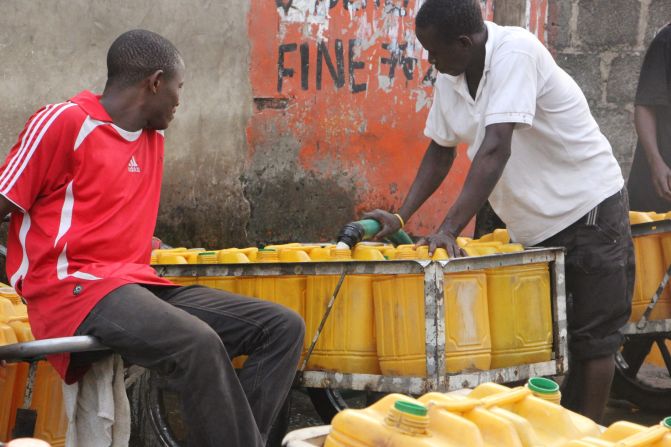The struggle for clean, safe water in Lagos has long been a story of scarcity colliding with ambition.
On a wet Thursday morning this August, government officials and private stakeholders filed into the Protea Hotel in the heart of Lagos for a two-day engagement. Central to the discussion was finding a decisive solution to the city’s water problem. The conversations that ensued depicted a rapidly growing city whose demand for water outpaced its supply.
Amidst the debate, one notable initiative offers a glimmer of hope—the Akilo water scheme. For months, WaterAid Nigeria, together with the Lagos water corporation, attempted to create a sustainable urban water supply.
Evelyn Mere, the country director for WaterAid, has announced that the facility would be commissioned in September. The project would be the first urban water scheme WaterAid had ever attempted in Nigeria.
More importantly, the success of the project demonstrates how innovation and collaboration can produce a working model in a city often overwhelmed by its own scale.
Breaking away from its pattern of grand promises, the Lagos Water Corporation took a practical turn: start small, with mini and micro waterworks. This phased approach was designed to attract private sector expertise and investment.
What this means is that the private sector hauls in the funding, innovation and operational efficiency, while the government provides oversight, ensuring that public good is not lost in profit-making.
In essence, Lagos was learning from its past actions, which built on slogans and short-term fixes. The new approach allowed scaling only when trust and results were established.
Across Africa, similar experiments have yielded success. In Nairobi, public-private contracts transformed faulty water utilities into reliable systems by linking profits to performance.
Johannesburg’s water reforms combined accountability and collaboration, thereby restoring confidence in public utilities. Even in India, urban partnerships between the government and private firms expanded water access to slums cut out of industrial planning.
These stories illustrate that, If done well, public-private partnerships (PPPs) could unlock efficiency and access. By contrast, they could deepen inequality—if mishandled. These were the high stakes that confronted the stakeholders that Thursday morning.
As the conference wound down, a sense of cautious optimism was palpable among the partners. In the fight for clean water for Lagos, WaterAid had proven what was possible with Akilo, backed by the private sector.
The challenge lay now in turning promises into running taps for millions of residents. If the pilot schemes succeed, Lagos could redefine the water narrative and offer a model for other African cities faced with the same crisis.
The struggle for clean water in Lagos highlights the city's water scarcity amidst rapid urbanization. A significant initiative, the Akilo water scheme, devised by WaterAid Nigeria and Lagos Water Corporation, presents a hopeful solution. Scheduled for commissioning in September, it's the first attempt at an urban water scheme by WaterAid in Nigeria, emphasizing innovation and collaboration as a means of developing a sustainable model.
Lagos has adopted a practical strategy by initiating mini and micro waterworks. This phased approach aims to attract private sector investment, combining their funding and innovation with government oversight to balance public good alongside profit. This model learns from past failures and scales up based on trust and results, similar to successful public-private experiments in cities like Nairobi and Johannesburg.
The public-private partnerships, if rightly executed, can potentially transform and expand water access, as demonstrated in other global cities. However, mishandling these partnerships can widen inequality. As the conference on Lagos's water issues concluded, there was cautious optimism about replicating Akilo's success citywide. If the pilot succeeds, it could redefine Lagos's water distribution and serve as a blueprint for other African cities dealing with similar challenges.






